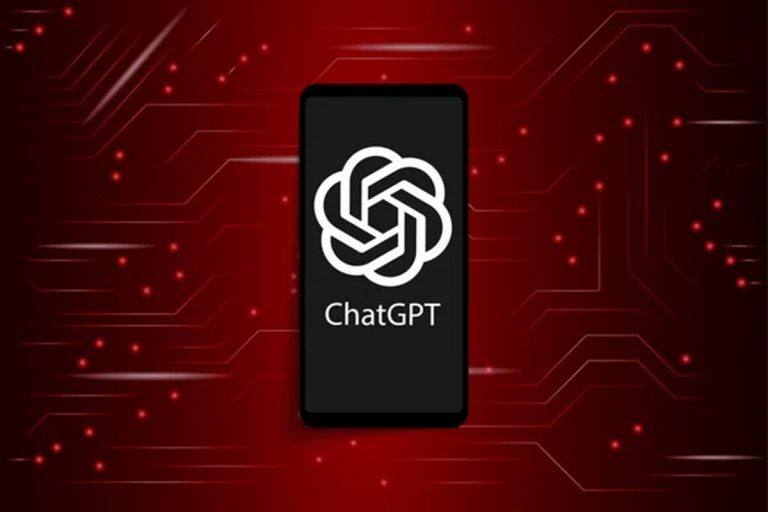
OpenAI has unveiled a new lineup of GPT models, GPT-4.1, GPT-4.1 Mini, and GPT-4.1 nano, marking a significant advancement in AI capabilities across coding, instruction following, and long context comprehension.
These models outperform their predecessors, including GPT-4o and GPT-4o mini, offering improved performance, speed, and cost-efficiency.
GPT?4.1 delivers a remarkable 54.6% on SWE-bench Verified, outperforming GPT?4o by 21.4 percentage points and GPT?4.5 by 26.6. It also achieves 38.3% on Scale’s MultiChallenge benchmark for instruction following, reflecting a notable 10.5-point gain over GPT?4o. On long-context evaluation via video-MME, GPT?4.1 scored 72% in the no-subtitles category, setting a new benchmark for multimodal context understanding.
Register for Tekedia Mini-MBA edition 18 (Sep 15 – Dec 6, 2025) today for early bird discounts. Do annual for access to Blucera.com.
Tekedia AI in Business Masterclass opens registrations.
Join Tekedia Capital Syndicate and co-invest in great global startups.
Register for Tekedia AI Lab: From Technical Design to Deployment.
These models support up to 1 million tokens of context, with improved comprehension that allows developers to build powerful, real-world agents capable of solving complex tasks like software development, customer service resolution, and document analysis.
In addition to performance gains, GPT?4.1 mini introduces faster processing at 83% lower cost than GPT?4o, while still exceeding it in many benchmarks. GPT?4.1 nano, designed for ultra-low-latency use cases, stands out as OpenAI’s fastest and cheapest offering yet, ideal for autocompletion and classification, and scoring 80.1% on MMLU, 50.3% on GPQA, and 9.8% on Aider polyglot coding—outpacing GPT?4o mini.
These enhancements make the GPT?4.1 family ideal for developers building smarter, more responsive AI systems. As GPT?4.1 becomes the new standard, OpenAI will deprecate GPT?4.5 Preview by July 14, 2025, citing better performance and efficiency.
In ChatGPT, many of the improvements in instruction following, coding, and intelligence have been gradually incorporated into the latest version? of GPT?4o, and we will continue to incorporate more with future releases. GPT?4.5 was introduced as a research preview to explore and experiment with a large, compute-intensive model, and we’ve learned a lot from developer feedback.
GPT?4.1 is significantly better than GPT?4o at a variety of coding tasks, including genetically solving coding tasks, frontend coding, making fewer extraneous edits, following different formats reliably, ensuring consistent tool usage, and more. GPT?4.1 also substantially improves upon GPT?4o in frontend coding, and is capable of creating web apps that are more functional and aesthetically pleasing.
Notably, the launch of GPT?4.1, GPT?4.1 mini, and GPT?4.1 nano, each capable of processing up to 1 million tokens of context, a major leap from the previous 128,000 token limit in GPT?4o models. This extended context capability represents a substantial improvement in practical AI applications. To put it in perspective, 1 million tokens can cover more than eight full copies of the entire React codebase. This makes GPT?4.1 particularly suitable for use cases involving large code repositories or lengthy document collections, such as those in legal analysis, software development, customer support, and enterprise-level document processing.
OpenAI trained GPT?4.1 not only to handle the extended context but also to reliably extract relevant information and filter out distractions across both long and short inputs. This heightened ability to focus and comprehend vast amounts of data significantly boosts the model’s effectiveness in real-world tasks.
Beyond technical upgrades, GPT?4.1 represents a strategic response to the evolving needs of developers and enterprises. The model’s improvements in instruction following, coding accuracy and long-context comprehension unlock new potential for building intelligent, agentic systems that can execute complex tasks with greater independence and reliability.
With this release, OpenAI underscores its ongoing commitment to empowering developers with powerful tools and remains inspired by the innovation emerging from its community. The future of AI applications grows more promising—and accessible—with GPT?4.1.



